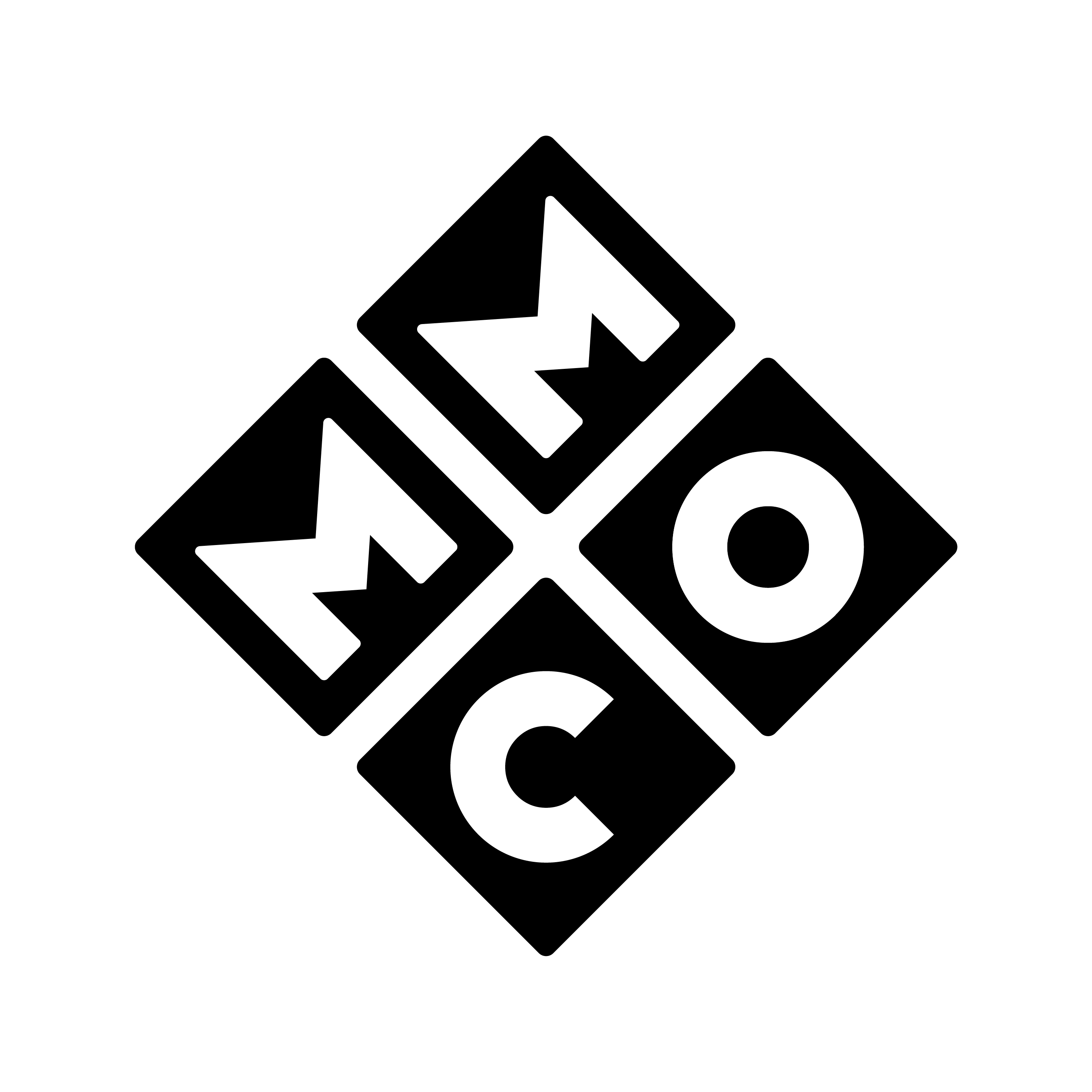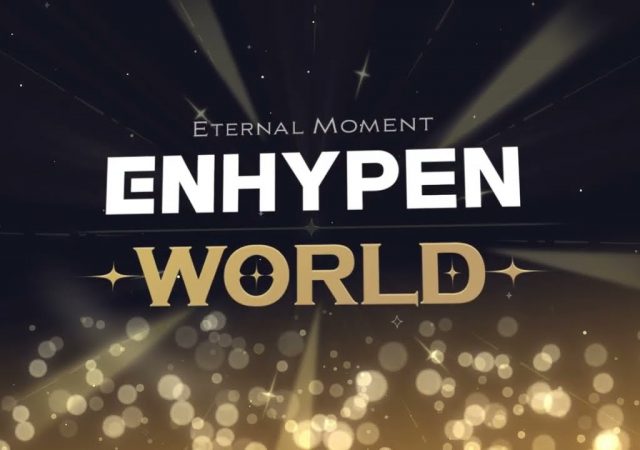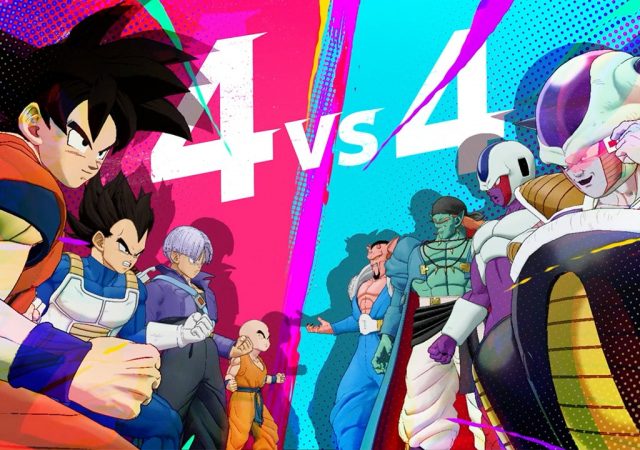If you are an avid follower of online gaming news or are into the superhero genre, it is hard to miss the news of Paragon Studios being shut down by NCsoft. Developer of City of Heroes and City of Villains, the franchise enjoyed a healthy, thriving community and apparently was in the black before the axe landed. As a gamer myself, I found the action taken rather drastic and uncalled for. Still, this is the reality of the volatile gaming business, no matter the platform.
Missing Worlds Media was then born, with the aim of once again setting the superhero MMO genre alight with the in-development Phoenix Project. Let’s be honest, there is only DC Universe Online now, and the upcoming Marvel Heroes is not pleasing anyone looking to create their own unique characters.
I am fortunate to be given the chance to interview the various guys currently working on the Phoenix Project, and just to highlight, they are apparently all working as volunteers, with no salary of sorts. And now, the interview article.
Chapter 1: The Beginning
Q: Was Missing Worlds Media only formed after Paragon Studios closed down?
Cameron Johnson, Studio Director: Oh, definitely. If you consider Paragon Studios “closed” on the day we heard City of Heroes (CoH) was to be shut down, then Missing Worlds Media wasn’t even conceived until months later. If you consider it only closed down on November 30th, then MWM incorporated in December. We formed Missing Worlds Media when it became clear that no forthcoming salvation for CoH or Paragon Studios was in sight.
Q: Are there any staff who were from Paragon Studios, or currently from gaming industry in the team? And how many active folks are there on Project Phoenix currently?
Cameron Johnson, Studio Director: Arcana has commented on our forums, but to my knowledge, no “official” support from the former Paragon Studios is present, nor are there any names from the current gaming industry you’d likely recognize.
But we have volunteers from all walks of life. They range from students to professionals with decades of experience, in careers including everything from IT and computer programming to graphical design to home-making. We have hobbyists in pen-and-paper as well as electronic gaming. Our leads include business administration experts both experienced and fresh out of college, computer scientists and engineers, professional artists and people studying to be the same, and combined decades of experience developing plot lines for role-playing games.
Q: Missing Worlds Media is a “community based game studio”. What exactly does that mean?
Kaylan Lyndell-Lees, Lore Lead: The obvious answer is that we’re building a game that we want to play and enjoy as much as the general gamers do, so we’re all part of that game community. In practice, what that means is that we spent a lot of time reading, listening to, and discussing suggestions and concerns brought up by our community, and we try to answer those concerns and questions to the best of our ability. It’s a truism that we’re not going to make everyone happy, but we aim to help as many of our players feel like we’re listening to them as possible.
What we don’t want to see is our community putting us on an “unreachable honored developer” platform – We want our players to feel like they can contact us easily and get a response fairly quickly, even if it’s an “I’m not sure, let me check my notes on that” response. This is a game we’re going to be playing, which means we’re going to see the same bugs, costume contests, arguments in general chat, and overall community as everyone else. It also means that we’re going to see the “I hate the devs!” and “Why won’t they fix X bug already?!” comments – we want to have answers for those comments as often as we reasonably can.
Cameron Johnson, Studio Director: We literally have formed from the community of players who loved City of Heroes. As we move forward, we are doing our best to maintain a connection with those who are less directly active, through posts on our own and the Titan Networks forums and by keeping our ears open for what the community says and does. We are always accepting new volunteers from said community, too. This is a pure-volunteer effort for now, and we rely on the community to keep us going.
Q: Does the community-driven part means anyone can suggest ideas? Wouldn’t that make the whole development and finalization process especially tough?
Kaylan Lyndell-Lees, Lore Lead: Absolutely. Anyone can suggest ideas, improvements, stories, and characters. We’ve established several suggestion templates for our community to use, and we plan to refine those templates and the submission process as our work continues. In the initial planning stages, this has provided us with a very large pool of ideas, some of which are incredibly helpful and some of which need further discussion. Ultimately, as the developers, we’re the ones who have to make the decisions on what will and will not be included. This often means that our development meetings include discussion of community proposed ideas, how feasible they are, and how well they will mesh with what’s already been determined.
Nate Downes, Technical Director: It also means anyone can criticize, to suggest improvements, to refine. Early on in the process, we established a system for proposals, enabling peer review of submitted ideas before inclusion. It has worked out very well, enabling a large pool of ideas to be gathered, and vetted, quickly.
Chapter 2: The Formation
Q: I have read that Project Phoenix is being crafted by CryEngine 3. Doesn’t that cost a lot of money, given that Missing Worlds Media’s core team are volunteers? And why CryEngine 3?
Nate Downes, Technical Director: CryTek have announced the intention to make CryEngine 3 available to independent studios under a royalty based license. It is the engine we have penciled in for the PC release of the game, decided after a long evaluation period. CryEngine is one of the most capable game rendering engines available on the market today, and CryTek’s independent licensing option makes it a solid choice for the game client.
That being said, other factors could force a change on us. We have been developing all material to-date around this possibility. Since we originally announced our intentions, we have been approached by other parties, and are evaluating what they have to offer. I do not anticipate a shift, but we would be remiss in ignoring any opportunity which would allow us to deliver the game our community deserves on a better timetable.
However, whatever game engine we use for the client, it is but one part of a larger suite of tools, ranging from the server to the costume creator mobile application. These components, when combined with the game client, make the complete game system. As I mentioned above, we are negotiating with some potential new partners which may change things, and the time it takes to make an MMO is non-trivial, so things likely will change between now and release. But, our current course is heading in this direction.
Q: What was the initial inspiration which led to the birth of Project Phoenix? Was it simply a project to remember Paragon Studios and its successful superhero MMO?
Kaylan Lyndell-Lees, Lore Lead: The City of Heroes community helped give one of my autistic children the courage and desire to find his voice again. Another former City of Heroes player said, “In the physical world I will never walk. In Paragon City, I can fly.” This is our inspiration – A game that fostered a community that bands together to help complete strangers with real world advice and assistance, and a gaming studio that was an exemplar of excellence in communication and community development. We deeply respect Paragon Studios, and Missing Worlds Media hopes to honor their legacy as both developers and players.
Cameron Johnson, Studio Director: Pragmatically, if the community is going to be abandoned by the company that gave it its home, and its home taken away, the constructive thing to do is to simply build a new one, this time run by members of that very community. It’s a massive undertaking, but heroes are never daunted by such, and what villain wouldn’t want a hand in building new worlds to conquer?
Q: Why persist with the superhero MMO genre when almost all the developers shy away from it?
Cameron Johnson, Studio Director: The community that gave birth to MWM and the Phoenix Project supported CoH. When a profitable venture closes, it means something other than a lack of demand is responsible. With CoH gone, there is a demand, a need, to be filled. It would be very strange to try to rebuild a home for a community of super heroes and arch villains as anything but a “superhero” genre MMO. In other words, our goal is to restore something lost; it’s not important whether anybody else is doing it.
Q: Is it fair to label Project Phoenix as an “indie” MMO title?
Cameron Johnson, Studio Director: I’ve heard many conflicting uses of that term. However, since we’re self- and (eventually) crowd-funded, pulled together by the desire to help one another and provide a service to our community, and are our own studio building out of nothing but hard work, creativity, and a lot of drive, I’d say it’s a fair description here. I mean, we’re not under anybody else’s auspices.
Chapter 3: The Crafting
Q: So, how is development going on currently for Project Phoenix? Any important milestone which can be made public, for example prototype gameplay footage.
Nate Downes, Technical Director: We are preparing first footage of the test environment, waiting for more finalized art assets which are coming at an incredible pace. You only get a single chance to make a first impression, so we do not want to rush something out the door which does not show as close as possible to what the players will experience for themselves.
Q: Are any sections or features of the game 100% nailed down? Or is everything still in the process of getting mass feedback?
Nate Downes, Technical Director: The stack of nailed down features verses under development is smaller, but not dramatically so. And it is growing rapidly.
Q: Are there any fears that Project Phoenix will eventually turn out to be just a remake of City of Heroes?
Kaylan Lyndell-Lees, Lore Lead: None. This is a game of super-powered beings, both heroes and villains, but the history, lore, and geography are going to be different. They have to be – We have no control over the City of Heroes IP, and any attempts to copy or remake it would create unacceptable legal concerns. The crucial elements of City of Heroes are a deep, solid history and lore, compelling and entertaining story, and enjoyable game-play which has appeal to both people who play an hour or two a week and people who play 4-5 hours a day. Those elements are things which we are confident that we can create in the same spirit as City of Heroes, with brand new stories and characters.
Cameron Johnson, Studio Director: I’ve heard some fears that it won’t be sufficiently a “remake.” It is a spiritual successor. We have unique lore, setting, and stories, and our game play won’t be identical. But we’re working hard to capture the elements our community tell us drew them to our spiritual predecessor and include, or even refine, them. We hope it will feel familiar in all the right ways, but exciting and new in others. Not the least in the technological improvements to MMO software and the hardware on which it is played in the last decade.
Chapter 4: The Needs
Q: Are the business model and platforms (Mac) still being discussed?
Nate Downes, Technical Director: We have recently hit upon a possible solution for Mac support, nothing set in stone but it is something very much on our minds. We will be keeping people updated as we go along, but it is my intention to keep those who prefer the Apple over the Microsoft platforms in the loop. In addition, Linux support is also being kept in mind. With Steam’s new release to the operating system already making waves in the game community, we would be foolish to ignore it.
Cameron Johnson, Studio Director: It’s definitely our goal to have this available to as many different people with as many different platforms as possible. Technologies and techniques are being investigated and some look very promising.
Q: It seems that a Kickstarter campaign is being prepared for Project Phoenix. How is preparation going on?
Cameron Johnson, Studio Director: We’ve got our design goals set for what benchmarks and milestones we want to achieve before we go live with it, and have a lot of the background work that needs to be done in progress. It actually is a surprising amount of effort just to get set up, let alone make sure the product is worthy of the support for which we’ll be asking.
Q: What are some of the toughest challenges faced thus far to keep the whole project together?
Nate Downes, Technical Director: Communication. As we are not in the same building, communication issues which in a normal office would be a minor issue can become a major problem. Communicating is absolutely critical, and will always be the largest challenge for any project of this nature.
Chapter 5: The Possibilities
Q: Is there any chance of Missing Worlds Media looking out for private investors? How about a physical studio?
Cameron Johnson, Studio Director: We have no specific plans to seek private investors at this time, but if some were to become interested, we would not spurn their offers without first hearing them out. A physical studio is…likely going to eventually be a necessity, but we’re not focused on things quite that far in the future. We will get one when and if we need one.
Q: Is Missing Worlds Media looking to self-operate the title? Or is it a possibility to license the game out to publishers?
Cameron Johnson, Studio Director: Our current plans are to self-operate. Part of the problem that instigated the need for our work was a publisher’s decision and refusal to change it despite the continued self-sustainability of our spiritual predecessor. Thus, we would have to have an escape clause to ensure our game’s continuity for as long as it could sustain itself and maintain an active audience before we’d even consider a publisher other than ourselves.
Q: While it may seem far fetch currently, are any of the development staff looking at the Ouya console? It certainly seems like an interesting device for online games.
Nate Downes, Technical Director: Actually yes. We have been discussing possible ways in which we could support the Ouya. Waiting for my development unit to arrive to see how much work it would be, but I am hopeful.
Cameron Johnson, Studio Director: Yeah, it’s certainly a neat-looking device, but plans regarding it will have to wait to see it in action. It’s a wholly new thing; exciting, but quite unknown.








